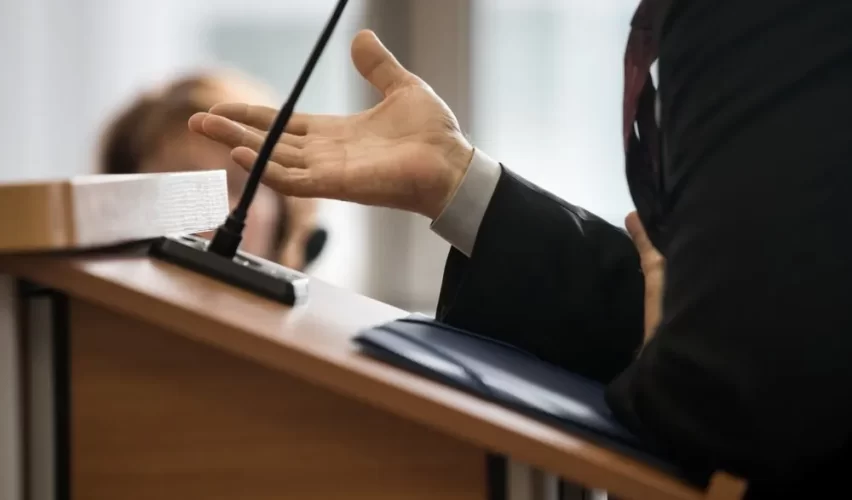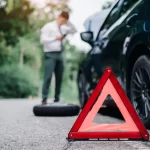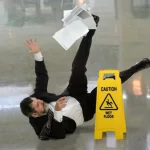The Power of a Witness in Your Accident Claim
After an accident, the details of what happened can be murky. There might be conflicting stories from the parties involved, and the insurance companies or legal teams may push their own versions of events. This is where witness statements come in—they can be the key to proving who was at fault and ensuring that you receive fair compensation for your injuries.
Witnesses, whether they are bystanders, passengers, or experts, provide essential testimony that can clarify the events surrounding an accident. In some cases, a witness statement can make or break your personal injury claim, influencing whether you win or lose your case.
In this post, we’ll explore why witness statements are so important, what makes a good witness, and how you can use witness testimony to strengthen your accident case.
1. Why Witness Statements Matter
Witness statements are essential in personal injury cases, particularly when there are disputes over who caused the accident. If the parties involved are blaming each other, or if there’s no clear evidence, having a third-party witness can provide the neutral perspective needed to establish the facts.
1.1 Clarifying the Events
-
Corroborating Your Story: A witness can back up your version of events and show that your account is credible. For example, if you were rear-ended but the other driver insists you stopped abruptly without warning, a witness who saw the accident can confirm that you were at a stoplight or following the speed limit.
-
Providing Details: Witnesses can offer details that may have been overlooked or missed by the parties involved, such as weather conditions, the behavior of the other driver, or road hazards that led to the crash.
1.2 Establishing Fault
-
Eyewitness Testimony: Witnesses who were on the scene at the time of the accident can provide critical details that help prove who was at fault. For instance, if a pedestrian was hit by a vehicle, a witness can testify whether the driver was speeding or failed to stop at a crosswalk.
-
Neutral Perspective: A witness who isn’t involved in the accident (i.e., not a party to the claim) can offer an unbiased view of the situation, which can be more credible than testimony from someone who has a personal stake in the outcome.
1.3 Strengthening Your Legal Position
-
Insurance Companies: Insurance adjusters rely heavily on witness statements to assess liability and decide on settlements. If a witness supports your claim and refutes the opposing party’s version of events, it can strengthen your bargaining position.
-
Court Testimony: If your case goes to trial, witnesses may be called to testify in court, helping to establish key facts and support your claims of negligence or fault.
2. What Makes a Good Witness?
Not all witnesses are created equal, and their statements can hold different weight depending on their role and credibility. Here’s what makes a good witness:
2.1 Credibility and Reliability
-
Unbiased: A good witness should have no stake in the outcome of the case. This ensures their testimony is seen as impartial and credible.
-
Clear and Consistent: The witness should be able to provide clear, coherent, and consistent statements. If their testimony is confusing or changes over time, it may weaken your case.
2.2 Direct Observation
-
Firsthand Knowledge: The most valuable witness statements come from individuals who saw the accident happen directly. Eyewitnesses who were physically present at the scene can describe the events as they occurred.
-
Detail-Oriented: A good witness will provide important details, such as the speed of vehicles, the actions of the parties involved, and the conditions of the road. They should be able to describe the scene in detail without speculating or guessing.
2.3 Expert Witnesses
-
Specialized Knowledge: In some cases, expert witnesses, such as accident reconstructionists or medical professionals, can provide testimony about how the accident occurred or the long-term impact of your injuries. Expert witnesses carry weight in court due to their expertise in a particular field.
-
Credibility: Expert witnesses should have a solid reputation in their field and be able to explain complex details in a way that is understandable to a jury.
3. How to Gather Witness Statements
Witness statements can be critical, but you need to act quickly to gather them before witnesses leave the scene or forget important details. Here are the steps you should take:
3.1 Approach Witnesses at the Scene
-
Be Polite and Respectful: When you approach witnesses, remain calm and polite. Let them know you’re gathering information for your insurance or legal claim.
-
Ask for Contact Information: Get their full name, phone number, and email address so you can follow up later if necessary.
-
Ask for a Statement: Request a brief written statement or ask if they are willing to speak to law enforcement or your attorney. If possible, have them jot down their observations immediately after the incident, while the details are still fresh.
3.2 Get a Variety of Perspectives
-
Multiple Witnesses: The more independent witnesses you can gather, the better. Having several people confirm your account can strengthen your case by showing consistency across statements.
-
Different Locations: Try to find witnesses from different vantage points (e.g., pedestrians, other drivers, passengers) to get a well-rounded perspective of the incident.
3.3 Record Their Testimony
-
Audio or Video Recordings: If you can, record the witness’s statement. Always ask for their permission before recording.
-
Written Statements: If a recording is not possible, ask witnesses to write down what they saw and heard. Signed statements are often more reliable than verbal ones, especially when dealing with insurance companies or in court.
4. How Witnesses Can Impact Your Legal Claim
Witnesses have the potential to significantly affect the outcome of your claim or lawsuit. Here’s how they can be helpful:
4.1 Strengthening Your Case in Court
-
Clear Testimony: If your case goes to court, the judge and jury will rely on witness testimony to determine fault. A solid witness statement can influence the verdict in your favor.
-
Credibility: The more credible and reliable the witness, the more weight their statement will carry. Having multiple reputable witnesses who corroborate your version of events can be a game-changer.
4.2 Influencing Settlement Negotiations
-
Supporting Evidence for Insurance Claims: Insurance companies assess claims based on the available evidence. If witnesses provide strong, consistent statements, the insurance company may be more inclined to offer a fair settlement.
-
Reducing Disputes Over Fault: In many accidents, the at-fault party might dispute responsibility. Witnesses can help clear up confusion, making it easier for your attorney to prove negligence.
5. What to Do If No Witnesses Are Available
If no one witnessed your accident, don’t worry. You still have options for building your case:
5.1 Physical Evidence
-
Dash Cam Footage: If you or another driver has a dash cam, footage can serve as powerful evidence.
-
Traffic Cameras: Some intersections have traffic cameras that might have captured the incident. Request the footage as soon as possible.
-
Accident Scene Evidence: Gather as much evidence as you can from the accident scene, including vehicle damage, road conditions, and photographs of skid marks or debris.
5.2 Expert Testimony
-
Accident Reconstructionists: In some cases, a professional accident reconstructionist can help piece together how the accident occurred, even without eyewitnesses.
Conclusion: Witnesses Are Crucial to Your Accident Case
Witness statements play a pivotal role in personal injury claims. They can strengthen your case, provide clarity, and ensure you receive fair compensation for your injuries. Whether it’s a bystander who saw the entire accident or an expert who can explain the technical details, the right witness can be a game-changer.
Be proactive about gathering witness information and document everything you can. If you’re unsure about how to proceed or need help obtaining credible witnesses, consult with an experienced personal injury attorney to guide you through the process.





